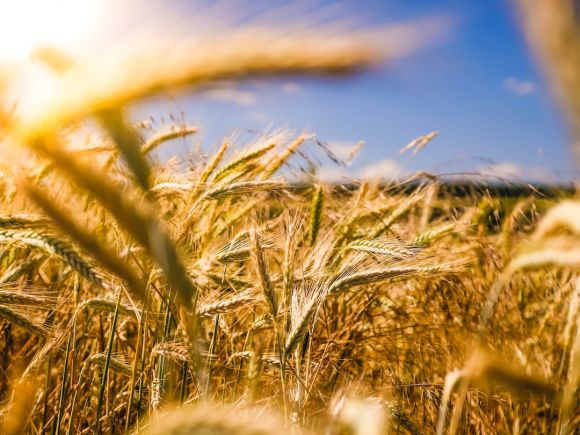In the world of agriculture, disease prevention is crucial for the success of crop production. Failing to address and control diseases can lead to devastating consequences, such as reduced yields and significant financial losses for farmers. However, with proactive measures and the implementation of effective strategies, farmers can minimize the impact of diseases on their crops. In this article, we will explore some proactive solutions that farmers can employ to prevent diseases in their crops.
Understanding the Importance of Disease Prevention
Before delving into specific solutions, it is essential to understand why disease prevention is vital in crop production. Diseases can be caused by various factors, including fungi, bacteria, viruses, and pests. When left unchecked, these diseases can quickly spread and cause significant damage to crops, resulting in reduced quality and quantity of the harvest. Furthermore, diseases can also affect the overall health of plants, making them more susceptible to other environmental stresses. By implementing proactive disease prevention measures, farmers can safeguard their crops and ensure a healthy and abundant harvest.
Crop Rotation and Diversification
One of the most effective ways to prevent diseases in crops is through crop rotation and diversification. Planting the same crop in the same location year after year increases the risk of disease buildup in the soil. By rotating crops, farmers disrupt the life cycles of disease-causing organisms, reducing their populations and preventing the recurrence of diseases. Additionally, diversifying crops within a field can also help minimize the impact of diseases, as different crops have varying susceptibilities to different pathogens.
Hygiene and Sanitation
Maintaining proper hygiene and sanitation practices is crucial for disease prevention in crops. This includes regularly cleaning and disinfecting equipment, tools, and machinery to prevent the spread of pathogens. Farmers should also remove and destroy diseased plants promptly to prevent the diseases from spreading to healthy plants. Proper waste disposal and the use of clean irrigation water are also essential in maintaining a healthy crop environment.
Use of Resistant Varieties
Planting resistant varieties is an effective way to prevent diseases in crops. Plant breeders have developed varieties that are resistant to specific diseases, which can significantly reduce the risk of infection. By selecting and planting resistant varieties, farmers can minimize the need for chemical interventions and ensure a healthier crop. It is essential to choose varieties that are well-suited to the local climate and growing conditions to maximize their resistance.
Integrated Pest Management
Integrated Pest Management (IPM) is a holistic approach that combines various strategies to manage pests and diseases. By implementing IPM practices, farmers can minimize the use of pesticides while effectively controlling diseases. This approach involves monitoring crops regularly, identifying disease threats early, and employing a combination of cultural, biological, and chemical control methods. IPM also emphasizes the use of environmentally friendly solutions, promoting sustainable and eco-friendly farming practices.
Regular Crop Monitoring and Early Detection
Regular monitoring of crops is essential for early disease detection. Farmers should regularly inspect their crops for any signs of diseases, such as discoloration, wilting, or abnormal growth patterns. Early detection allows farmers to take immediate action, such as implementing targeted treatments or removing infected plants to prevent the spread of diseases. Timely intervention can significantly reduce the impact of diseases and protect the overall health of the crop.
Conclusion
Disease prevention in crops is of utmost importance for farmers to ensure a successful harvest. By implementing proactive solutions such as crop rotation, hygiene practices, the use of resistant varieties, integrated pest management, and regular crop monitoring, farmers can minimize the risks associated with diseases. Investing in disease prevention measures not only protects crops but also contributes to sustainable and profitable agriculture. With proper planning and a proactive mindset, farmers can effectively combat diseases and ensure the health and productivity of their crops.
